


Kristen Taketa is an education reporter for The San Diego Union-Tribune, focusing on K-12 schools. She previously covered education for the St. Louis Post-Dispatch and worked stints at The Dallas Morning News and Orange County Register. Taketa got her start in journalism by writing and editing at the Daily Bruin student newspaper at UCLA. She was a Center for Health Journalism 2022 National Fellow. Her reporting project, “The Real Cost of Child Care in California,” examines the childcare crisis in the state and explores potential solutions.
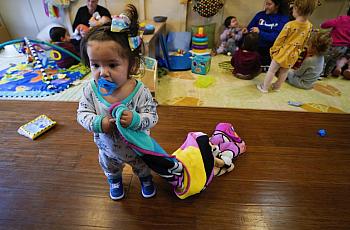
Government subsidies for child care are the main industry-wide solution available to cover the cost of child care. But they fall far short, as one reporter learns.
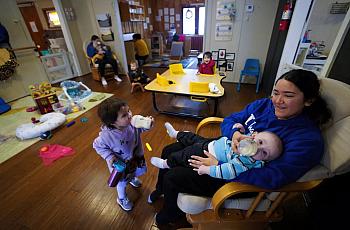
The proposed reforms aim to fix long-standing structural issues in the child care system, among them problems The San Diego Union-Tribune detailed in an in-depth series on the real costs of child care.

The San Diego Union-Tribune is putting a spotlight on the real cost of child care in California.
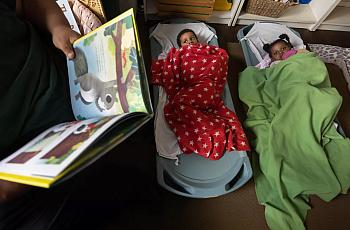
A new commercial tax aims to do something novel in California: provide child care financial aid for middle-class families and set a minimum wage of $28 an hour for early education teachers.

California reimburses providers based on what families can pay, rather than what it costs to provide care. To bridge the gap, providers serving the state’s neediest children must get by on low pay
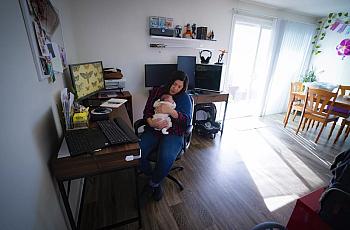
Este reportaje se realizó en el marco de la Beca Nacional 2022 del Centro Annenberg de Periodismo sobre Saludde la USC.

Este reportaje se realizó en el marco de la Beca Nacional 2022 del Centro Annenberg de Periodismo sobre Salud de la USC.
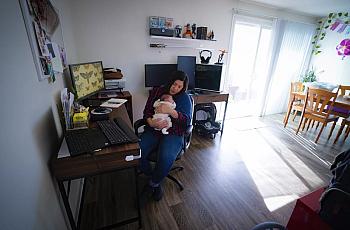
The state is supposed to help families afford child care. But few qualify for help, and most of those who do are not being served.
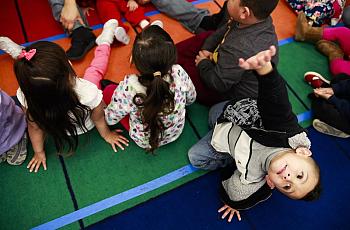
There’s aid available, but the system can be tough to navigate. Here’s what parents need to know.
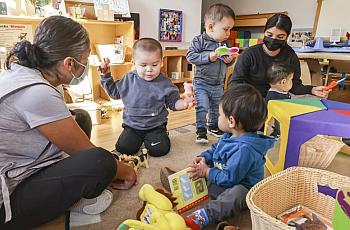
The aid reaches only a small fraction of families who need it — and providers, who aren’t paid enough to cover their costs, remain stretched to the limit.